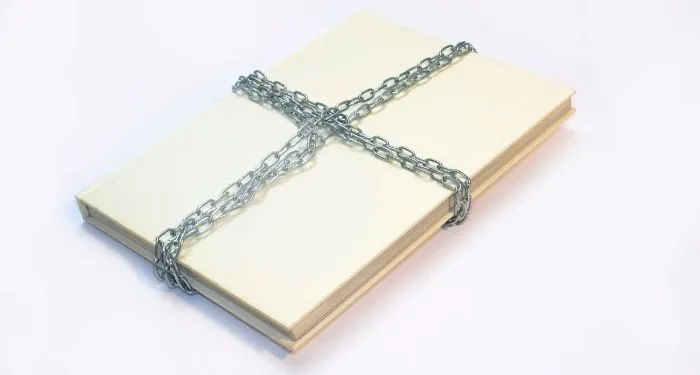
Utah State Board of Education Policy Opens Door to Book Bans; First Books To Go
After months of deliberation, this week the Utah State Board of Education passed a new policy regarding the books allowed within public schools. The new “library materials model policy” gives overarching guidance for what materials are appropriate for collections and how to handle challenges to materials.
The policy was drafted, revised, and voted on in alignment with Utah’s new HB 0374, “Sensitive Materials in Schools,” which was signed into law in late March. Though librarians will have final say in materials purchased for their collections, first, potential purchases must go through a local educational agency governing board. Items will be evaluated by:
- Overall purpose and educational significance
- Legality
- Age and developmental appropriateness
- Timeliness and/or permanence
- Readability and accessibility for intended audience
- Artistic quality and literary style
- Reputation and significance of author, producer, and/or publisher
- Variety of format with efforts to incorporate emerging technologies
- Quality and value commensurate with cost and/or need.
The new bill also provides guidelines for materials challenges. Utah has been among the most censor-friendly states, thanks to the work of groups like Utah Parents United, who have developed a wealth of resources for parents throughout the state, providing them with book titles to look up in their school library catalogs and how to approach the school with complaints.
New challenge guidelines allow for more time to review complaints, and require that those who file a complaint are either a parent or student at the school or an employee at the school. Once material is challenged, there are 30 school days–and up to 60–in which the local educational agency designates a review committee of educators, librarians, and parents to determine appropriateness.
It comes as little surprise this new bill is being called a win by right-wing parents and activists. For Utah Parents United, it is a victory and, as they claim, not about banning books.
But it’s hard to see how it’s not about banning books when that same group tweets a list of books now being banned from Alpine School District and calls it “a big win.” The books on this list will be pulled from the school district in the coming weeks.
This is a big win!! Thank you Alpine Parents for your advocacy and tenacity! pic.twitter.com/wJ5RnJ9EFK
— UtahParentsUnited (@UTParentsUnited) July 27, 2022
The bulk of titles on this list are books by or about queer people or people of color. What makes them inappropriate is anyone’s guess, as now the determination of appropriateness lies in the hands of locally arranged committees. In one school district, it might be perfectly fine to read a book about the consequences of sexual assault or about the fallout from a school shooting. In the next, those books may be removed and discarded for being inappropriate.
Utah’s new directives forerun what will be a chilling new school year for educators and librarians, whose work will be undermined by politics, rather than professional credentials. A similar move was made by the Texas Education Association in April, and just this week, Central Bucks School District in Pennsylvania enacted one of the most draconian processes for book purchasing for library collections in the country.











